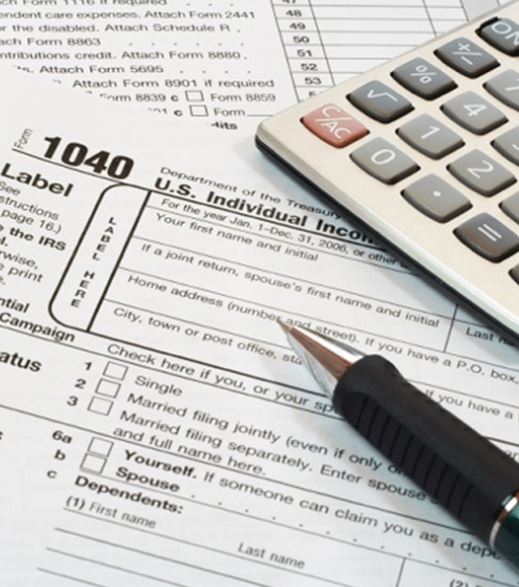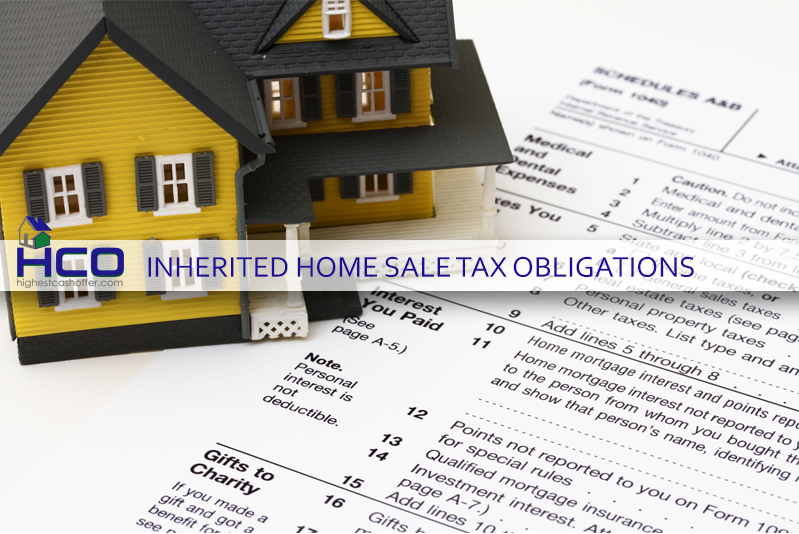 If you sell a home you inherited, you do have to account for it when you file your taxes.
If you sell a home you inherited, you do have to account for it when you file your taxes.
If there is a gain, you must pay taxes on that.
If there is a loss, however, you can then qualify for an income tax deduction.
This will all be based on when the loved one passed away and what you did with the home before the sale.
The Internal Revenue Service sees the sale of these homes as either a “capital gain” or a “loss”. These are the tax outcome of selling property for personal financial reasons. This can be the sale of a home, some expensive art, or your stock portfolio.
If you lived in the home, you can no longer claim its sale as a loss. The inherited house is no longer just an investment when you live in it, it is personal property.
More Tax Ramifications of Selling an Inherited Home
There are several tax ramifications that come with selling an inherited home, including:
The Estate Executor’s Tax Responsibility
If you are the executor for an estate, you may be required to file an estate tax return for the property in question.
If the property exceeds the exemption amount, you will need to pay estate taxes.
This exemption is adjusted for inflation; in 2016, the estate tax exemption was $5.45 million per individual. If your inherited property comes in under the exemption for the current year, which of course the overwhelming majority of homes do, then you can ignore the estate tax.
The Basis of Your Taxable Gain
Your tax liability is calculated by determining the basis of the inherited home. The basis is the amount that is considered a gain. If you purchased a home for $150k and sold it for $200k, then the basis of the home is $150k and the capital gain is $50k.
Things are different when you inherit the home since there is a special basis step up provision.
 Most of the time the basis is the fair market value of the property, but in 2010, the federal government used the adjusted carryover basis since the estate tax was repealed back then. If the decedent died that year, all the property they leave to you can benefit from having the basis adjusted up to $1.3 million. And, this applies to any number of homes.
Most of the time the basis is the fair market value of the property, but in 2010, the federal government used the adjusted carryover basis since the estate tax was repealed back then. If the decedent died that year, all the property they leave to you can benefit from having the basis adjusted up to $1.3 million. And, this applies to any number of homes.
If your parent left you two homes, you can adjust the basis for one home to be $1.3 million, or you can spread that across both homes so that, for instance, each home could have an adjusted basis at $650k.
So, to put basis in perspective, if your decedent died in 2010 with a home basis of $200k and the fair market value of the home was $400k, the adjusted basis could be $400 so there would be no taxable gain. If the decedent died any year outside of that, the home basis would be subtracted from its fair market value to give you the taxable gain from the property.
Inherited Home Sale Tax Reporting
Once you have sold the home, whether on the market or with HighestCashOffer.com, you need to list it on your income tax sheet.
You list the basis and the gain or loss on IRS Schedule D and the gain or loss on Form 1040 in the year the home is sold.
Highest Cash Offer Can Help!
If you’re looking to sell an inherited home, our experts can help the entire step of the way. We can get started on the process right away and you can have cash in your hands in as little as SEVEN DAYS!
Simply contact us right here to get a FREE, NO-RISK offer on your inherited home today!








 Highest Cash Offer is a real estate solutions company. Our team of experts specialize in assisting homeowners with a wide variety of solutions to any real estate problem. Whether we buy your house for cash or not, our goal is to help you get the desired outcome you deserve.
Highest Cash Offer is a real estate solutions company. Our team of experts specialize in assisting homeowners with a wide variety of solutions to any real estate problem. Whether we buy your house for cash or not, our goal is to help you get the desired outcome you deserve.